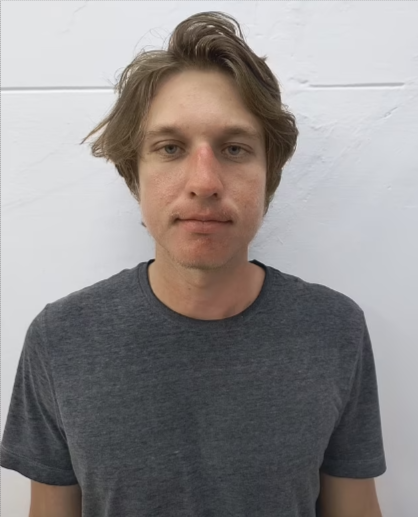An American traveler is facing up to five years in jail after illegally entering a restricted island inhabited by an uncontacted tribe.

Mykhailo Viktorovych Polyakov, 24, went to North Sentinel Island, part of India’s Andaman Islands, with a coconut and a can of Diet Coke as offerings. He was arrested two days later and is now in custody for questioning.
Authorities say Polyakov used a small inflatable boat to travel 25 miles from Kurma Dera Beach to the island. According to police, he stayed near the shore, used binoculars, and blew a whistle to get the tribe’s attention before briefly stepping on land. He left the offerings and recorded a video before sailing back.

Polyakov has a history of risky travel. Last year, he visited Afghanistan and shared videos of his experiences, including interactions with the Taliban. His YouTube channel, which has under 400 subscribers, documents these trips.

Authorities say this wasn’t his first attempt to reach North Sentinel. He had tried twice before, once using an inflatable kayak, but hotel staff stopped him. He also visited another tribal area in January and recorded footage without permission.

Indian law strictly prohibits travel within three miles of North Sentinel Island to protect the Sentinelese people, who have no immunity to common diseases. Experts say outside contact could be dangerous for them.

Police are investigating whether anyone helped Polyakov with his trip. They have also seized his camera, fuel, and other items from his hotel room. The U.S. Embassy has been notified of his arrest.
Indigenous rights groups have criticized his actions, calling them reckless. They point out that the Sentinelese have made it clear they do not want contact. In 2018, American missionary John Chau was killed by the tribe after attempting to convert them.

The Sentinelese have lived on the island for thousands of years. They rely on hunting, gathering, and fishing and avoid the outside world. The Indian government enforces strict protections to preserve their way of life.

Authorities continue to investigate Polyakov’s intentions and movements during his stay. His case highlights the risks and legal consequences of entering protected tribal areas.

